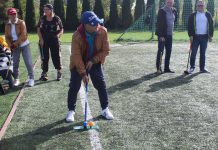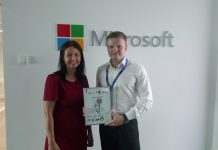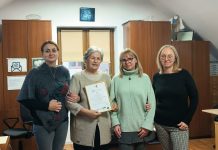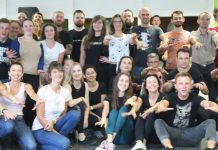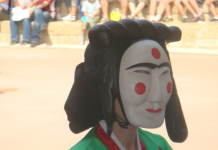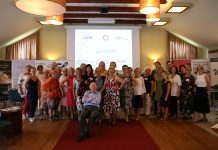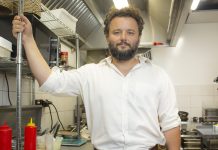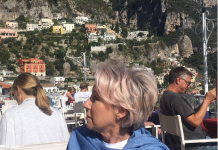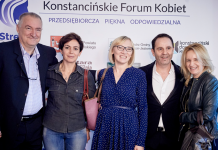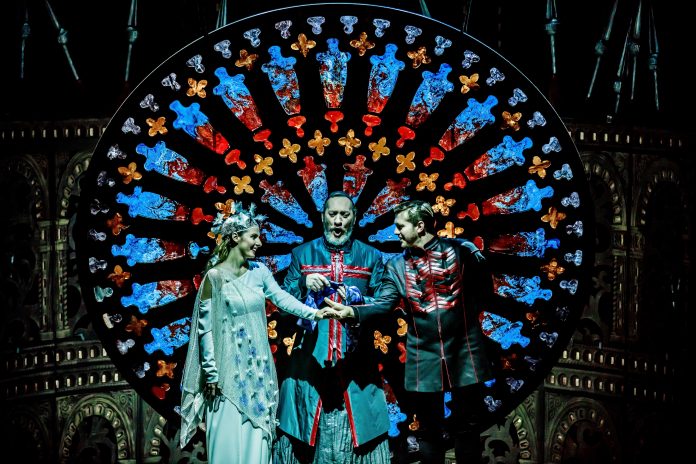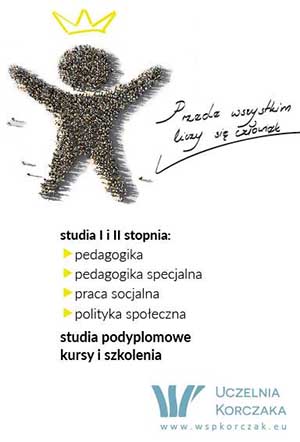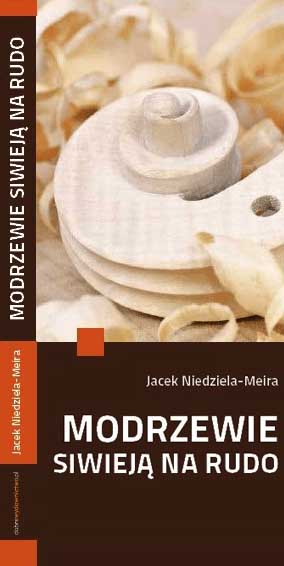Łukasz Goik, director of Silesian Opera in Bytom, is honored with the title Leader by vocation in Culture and art management category thanks to achievements of the institution in artistic, financial and social fields. Even though he works in Opera for 15 years, he is the youngest director in history of this special cultural place in Silesia. He gained valuable experiences working in every position in Opera. Last season on the Opera stage took place premiere of Charles Gound’s “Romeo and Juliet” directed by Michał Zaniecki. Public loved the performance and
spectacle got The Golden Mask award in three category: Performance of the year 2017, the best vocal-acting role for Andrzej Lampert (Romeo) and for the scenography for Luigi Scoglio.
Mr. Director, you and Silesian Opera are laureates of many awards, what kind of importance holds for you being awarded of Leader by vocation title?
Getting Leader by vocation title is a huge honor for me and Opera’s staff. Director is always the head of the institution, but this award is for all workers – around 280 people. The
hardships with managing such a large group of people come out of working on various activities around theatre – from artistic fields to administration. Form one side Opera is like
a “normal” institution. We have Labour Code, work safety regulations, but also has its own specificity. I’ve known my team for years now, know that we can rely on each other and
thanks to that our cooperation is good and effective.
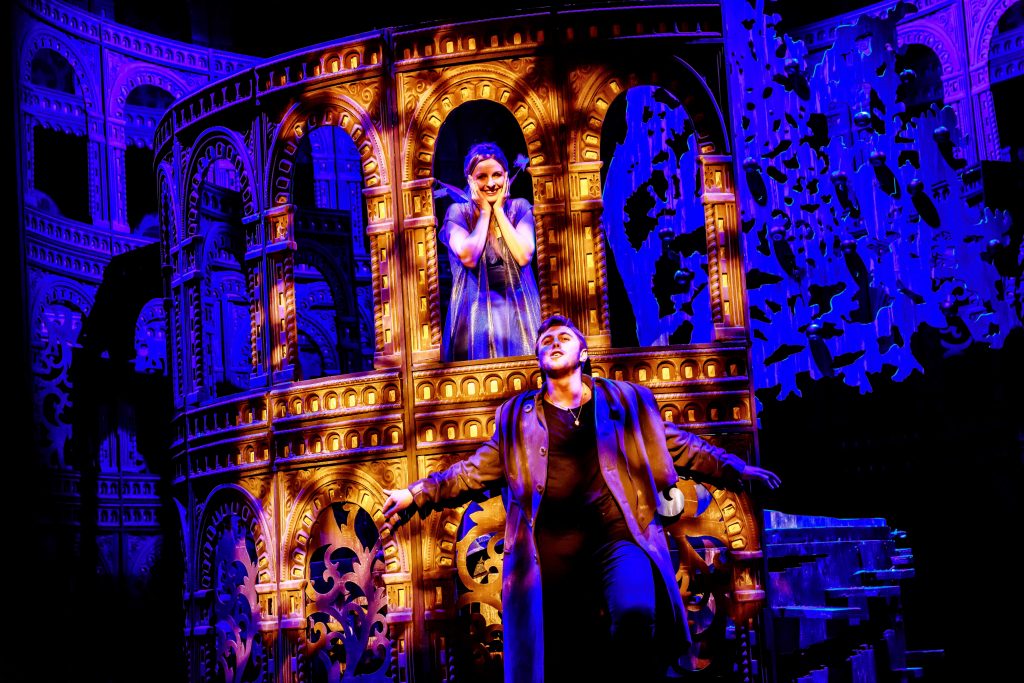
You finished economic studies in finance, how does your education help you in managing art institution?
My education and job experiences about economics allows me to effectively organize work and to secure institution in financial aspect. After I graduate I started postgraduate studies about cultural management at Jagiellonian University, but I started work in Silesian Opera when I was still student. I have always watched performances with curiosity. Tadeusz Serafin, then director of Opera, saw potential in me and he entrusted me with more responsible tasks. I worked in coordination of artistic work department which is the heart of the theatre, where I took care of organizational and financial sphere. Despite my analytical mind, thanks to work with artists, work on spectacles, rehearsals, getting to know the backstage and being aware of hardships of artists and producers, I “learnt” artistic sensitivity. I remember being torn between rules of economic, logic and artistic views, that make up the final effect of functioning this type of institution. I also worked in marketing, I was deputy manager of events and promotion department, then deputy director for four years. I supervised and coordinated first Silesian Opera co-production between three different theatres – Gaetano Donizetti’s “Maria Stuarda” directed by Dietera Kaegi. In 2012 I took over the duties of Silesian Opera director, and in 2017 I was nominated for that position.
How do you manage art?
There are many various models about managing art institution. In the first one, artist is the head and has accountant for help, as well as economic and organizational deputies. But
nowadays other model is getting more popular. In this one, manager is the head of the institution – person, who organize work, builds the strategy and also invites people responsible for artistic activities to cooperate. Responsibility for spectacle is on Opera’s director, even though other people also took part in its creating. The most important is artistic team, but significant role have also editors, acousticians, hair-dressers
and of course stage manager and director’s assistant. Spectacle is made by team work. My deputy is artistic director Bassem Akiki, young and talented conductor, responsible for artistic experiences.
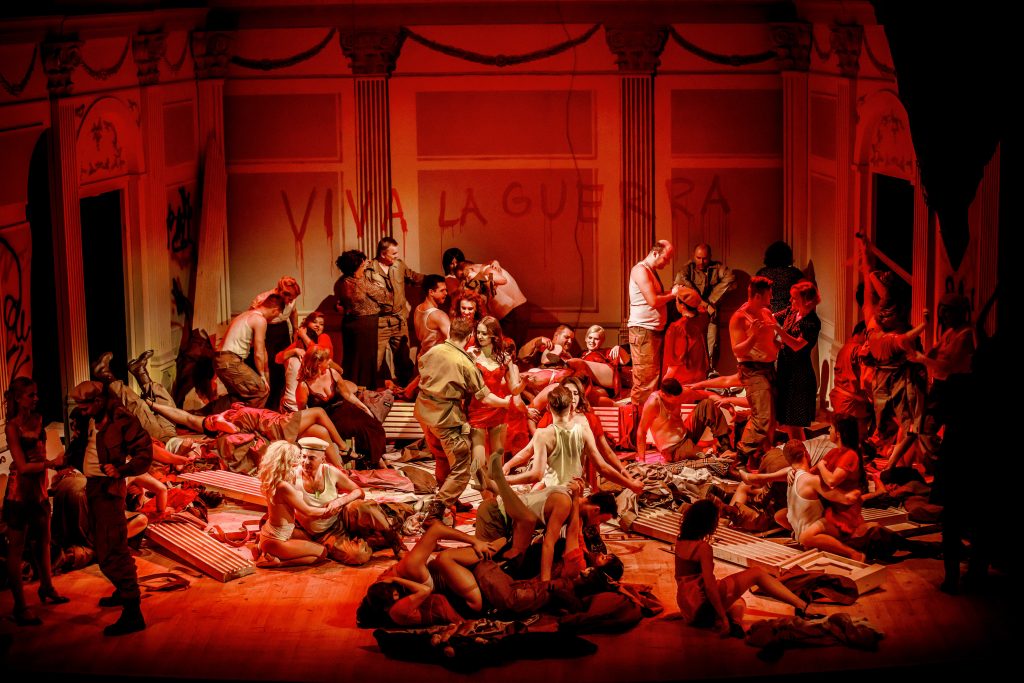
What are management achievements you are the most proud of?
Our public aren’t only from Silesia, although audience from Bytom is loyal. It’s beautiful, that we have guests from Wroclaw, Cracow, cities that have their own Operas. They visits us regurarly to feel our atmosphere and see our performances. Tickets for our shows sell at 94-100%. But, we need to take care of audience. I’m a fan of theory that cultural institution should “live” – not only be open two times a week for opera, ballet or operettes performances. We have to remember and appreciate people who make theatre. Besides spectacles, we invite for meetings called Opera close to You: Let’s talk about
Opera… At those meetings artists, directors, set designers, choreographers, experts, answers questions about theatre and share their experiences. We also have Anna Dymna’s Salon of Poetry and Music, we organize trips and educational workshops, we participate in Metropolian Theatres Night and have repertoire for children and teenagers. There are
also ballet studio, children’s choir, dancing for youngest. For many of them this is the first step to appear in our productions. This was the case when we made opera performance
for and with kids called “The Little Sweep” by Benjamin Britten. Last season we had premiere of Wolfgang Amadeus Mozart opera show “La finta giardiniera” made in co-production with Academy of Music in Katowice. Alumni starts their first steps on professional stage in Opera. They will perform in 2018/2019 season. I’m really happy and very proud of this cooperation.
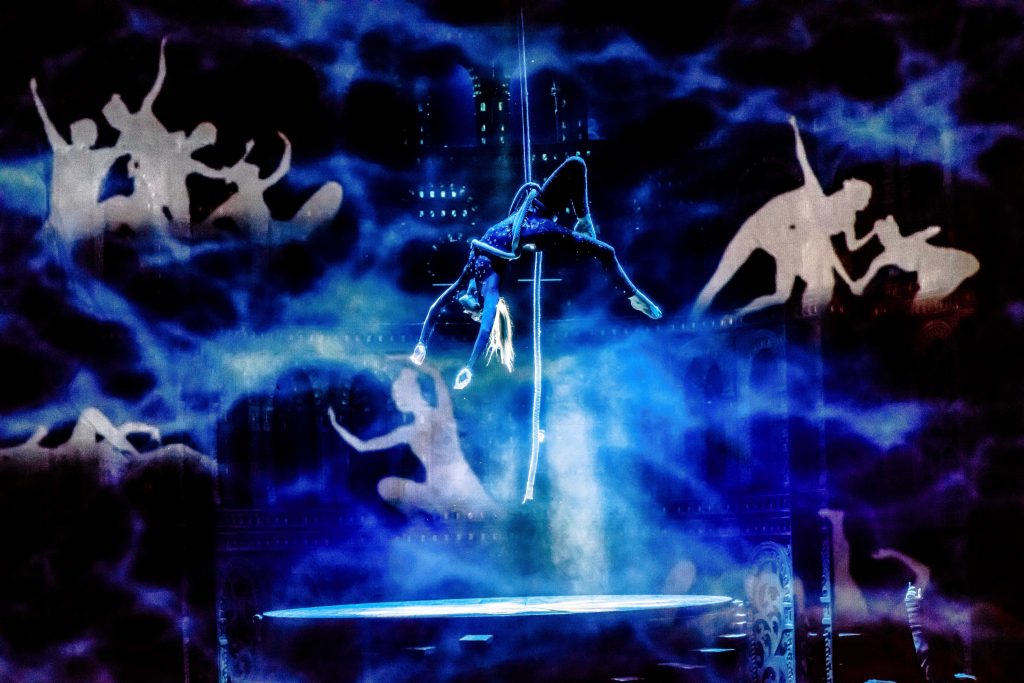
What about social activities?
Of course, we support many associations, public benefit organizations and local communities in Bytom. We lend our costumes and decorations to school and rent our practice rooms for various events. We try to be versatile and presents our shows to wide group of people. We organize many activities and meetings for charity.
Plans for Silesian Opera?
In September we start new opera season with “Halka”, and next year we will celebrate 200 birthday anniversary of its author – Stanislaw Moniuszko. For October we prepare premiere related to celebration of 100 anniversary of regaining independence by Poland. We decided on unconventional show – not very popular but made by polish author prince Józef Michał Ksawery Poniatowski – “Don Desiderio”. So far not performed show in Poland, it’s a great opportunity to get to know output of this composer – descendant of the last Polish king,
diplomat, senator and also opera singer, which was a well-known person in nineteenth century Italy and France. One of the main role is played by Joanna Woś with unique coloratura soprano. Artist will also performe in December when we will premiere “Traviata” by Giuseppe Verdi in modern Michał Zaniecki interpretation. Changes will also be made
outside – we got awarded in “Culture” category in nationwide contest “Modernization of 2016 year”. In the coming months we plan to rebuild both stage and backstage. Thanks to that we will be able to enrich our spectacles in acoustic, new lights and change the static scene to moving one. New technical solutions will let us create performances on the highest level of quality. Opera combines theatre, music, visual aspects and dancing, so our technical possibillites have to be on high level, so we can please our audience – lovers of Silesian Opera.








